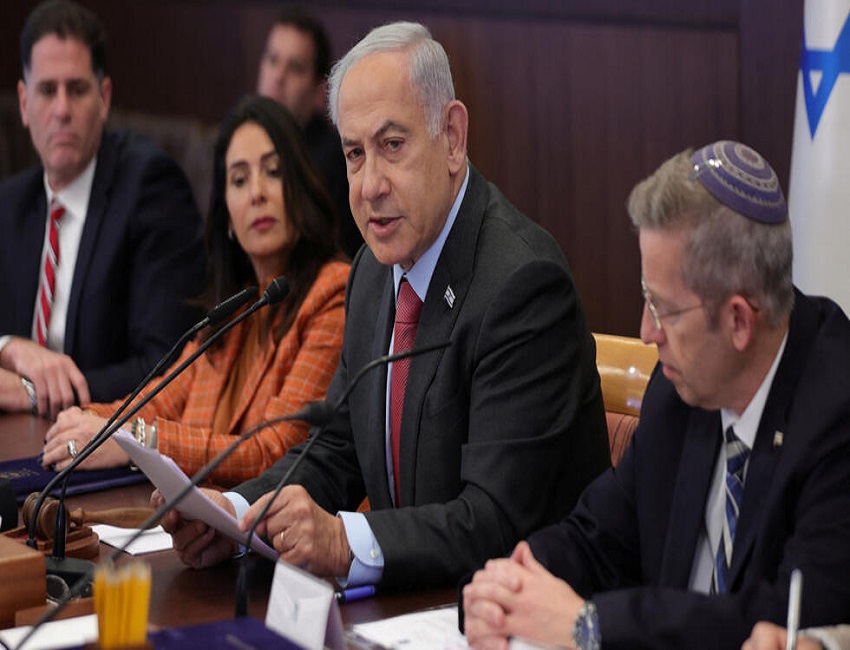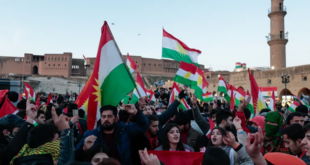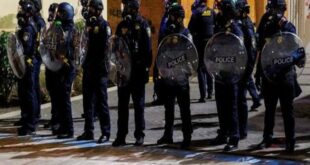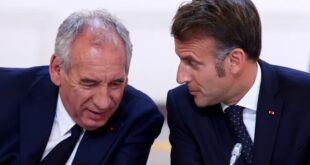
Benjamin Netanyahu has begun to impose an overhaul of Israel’s institutions, which most of his fellow citizens do not want. The prime minister has succeeded in pitting against him some of the most influential entrepreneurs in the digital economy he prides himself on having created.
The head of the central bank, the leading representatives of the judiciary, all the former army chiefs of staff, the former leaders of the intelligence services, thousands of reservists, notably from the air force, the association of medical personnel and doctors… The list of the country’s driving forces who have warned him against such a move, to no avail, is endless.
His own camp is alarmed by this stubbornness. Netanyahu’s coalition was elected in November 2022 for four years, with 64 seats out of 120 in parliament. But for months, opinion polls have shown that most Israelis reject this reform or want it to pass only with the opposition’s approval by consensus.
A significant proportion of Netanyahu’s voters are turning away from him, witnessing the tearing apart of the Jewish majority – 80 % of the population – whose effects promise to be felt for years. Yet Netanyahu persists. On July 24, his coalition reduced the Supreme Court’s supervisory power over his actions and those of local administrations and the appointment and dismissal of senior civil servants.
It thus weakens the justice system’s ability to fight corruption and nepotism. But, more than the substance of the legislation, its passage by force is shocking. Netanyahu repeatedly refused to hear the chief of staff before the vote, even as discord spread through the army’s ranks. Thousands of reservists are no longer volunteering for the military, to which they are indispensable.
Radicalized base and messianic far right
According to the daily newspaper Haaretz, two generals dispatched in uniform to the Knesset waited for hours without being able to meet with certain ministers they were supposed to inform about the gravity of the crisis. The day after the vote, the major international rating agencies published harsh analyses. Netanyahu dismissed them.
Once again, the prime minister who has been on trial for corruption since 2020 says he will negotiate with the opposition before proceeding with his reforms. There is every reason to fear that this promise will amount to nothing. Justice Minister Yariv Levin intends to tackle the appointment of government legal advisors and Supreme Court judges during the fall to bring the institution in line.
Even among the ultra-Orthodox parties, at war with the Supreme Court for three decades, doubts are emerging. They realize secular and liberal Israelis are turning against their community. Only the radicalized electoral base of the « Bibists » and the messianic far right, which thrives on Israel’s colonial war in the Palestinian territories and dreams of a Jewish theocracy between the Jordan River and the Mediterranean Sea, remain adamantly committed to the reform.
For over 15 years, Netanyahu ruled by pitting one part of Israel against another: Jews against Arabs, Mizrahi Jews against Ashkenazis, the country’s center against its periphery, and the « people » against the institutions. It was a tactic, a way to become indispensable. Now it is his very legacy.
World Opinions + Le Monde




 World Opinion | Alternative Média زوايا ميادين | صوت من لا صوت له Débats De Société, Questions, Opinions et Tribunes.. La Voix Des Sans-Voix | Alternative Média
World Opinion | Alternative Média زوايا ميادين | صوت من لا صوت له Débats De Société, Questions, Opinions et Tribunes.. La Voix Des Sans-Voix | Alternative Média




